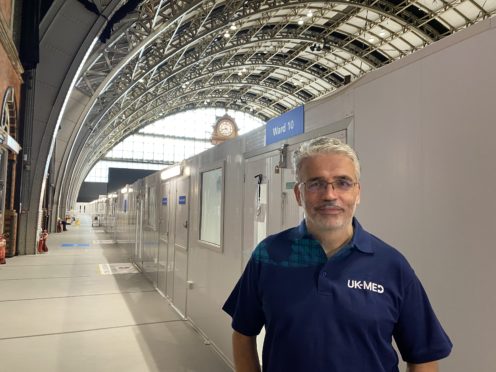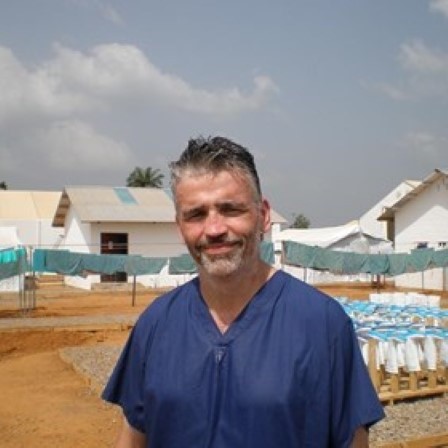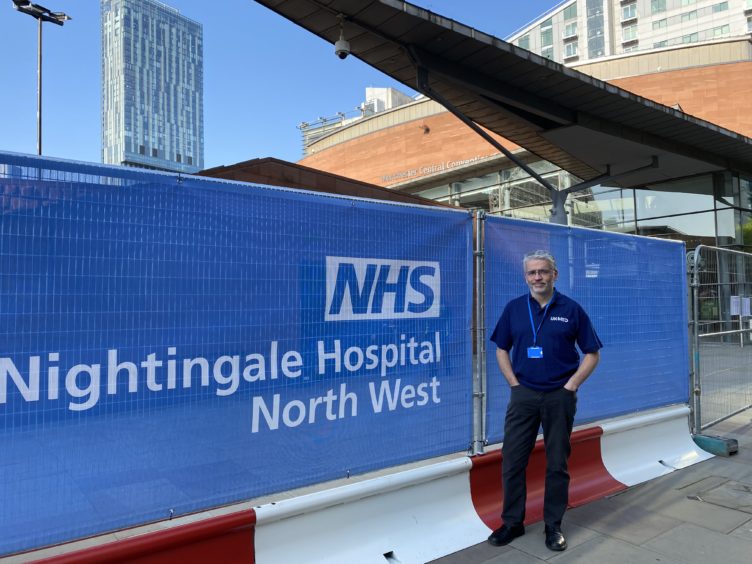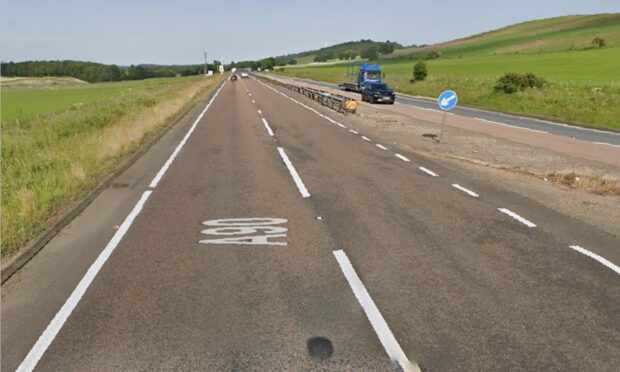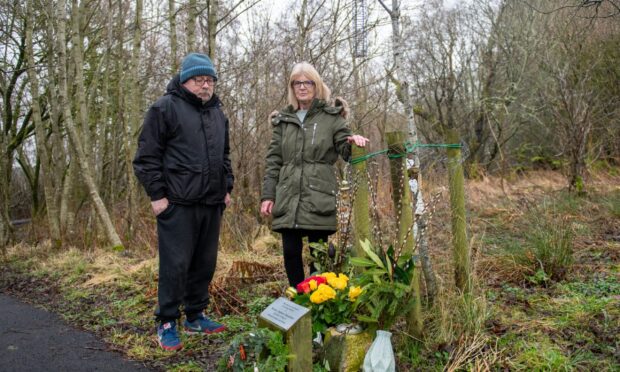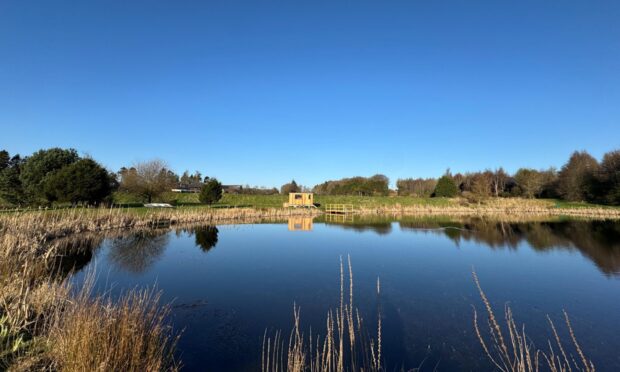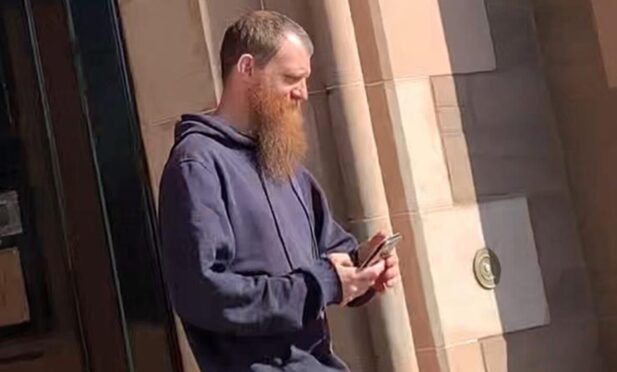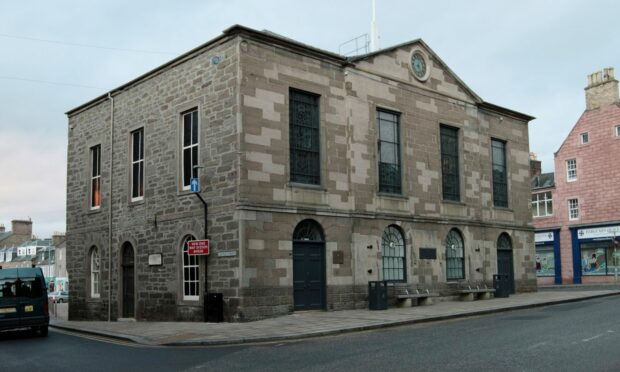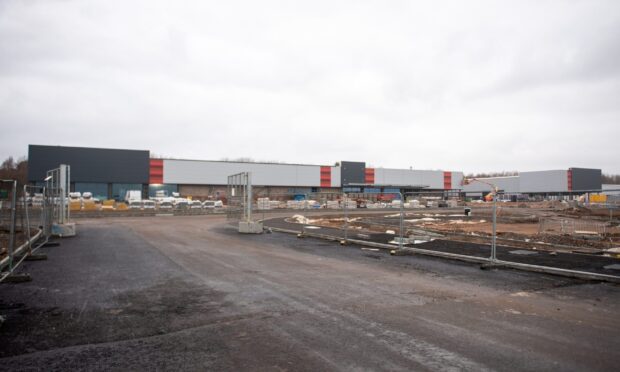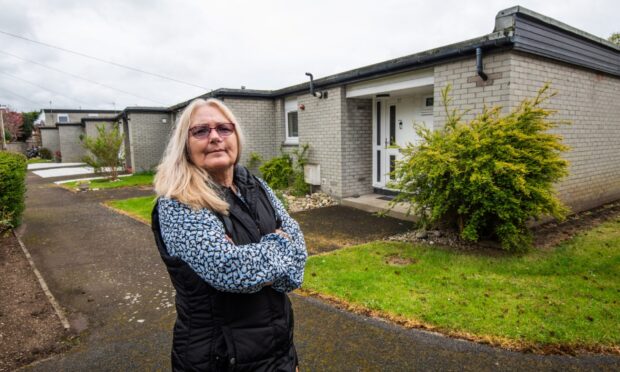An Angus nurse has told how his experiences tackling an Ebola outbreak in Sierra Leone are helping him now spearhead the Covid-19 battle at the NHS’s newly-opened Manchester field hospital.
David Anderson has worked on UK aid responses around the world and encountered terrifying scenes when he was deployed to Sierra Leone to assist with the world’s worst Ebola outbreak in 2014.
The 51-year-old has returned from preparing South Africa for its Covid-19 response with a UK Government-funded emergency medical team to take on a role as Director of Quality and IPC at NHS Nightingale Hospital North West.
Montrose-born David – seconded from his job as a Humanitarian Health Advisor with the UK-Med charity – believes expertise gained from dealing with the West African Ebola epidemic will prove crucial in getting on top of coronavirus.
He explained: “Ebola had a mortality rate of 80% when I arrived in Sierra Leone and there were some horrendously dark days.
“I have had the privilege of working around the world in many different contexts with some special individuals and teams, although, I never believed my outbreak experience gained with UK-Med would be required in the UK.
“My endearing wish is that the Nightingale facilities will never be required to operate fully, as this will mean that we have contained Covid-19, and limited this most difficult of diseases.
“The research already done on previous coronaviruses like MERS and SARS and lessons learned will also give us a good grounding to develop a potential vaccine for Covid-19.
“In 2014, I worked in an Ebola treatment centre with 106 patients and 80 per cent of them were dying. One of my worst days was I went out to a small clinic and picked up two 24-day-old twins, who both turned out to have Ebola, and died on their 25th day.
“That work has prepared me mentally for dealing with COVID-19 and it does help you understand how to respond, particularly in terms of preventative measures to protect health workers and the wider community.
David, who now lives in Rutland, worked at Stracatho, Dundee Royal and Ninewells hospitals before moving to England.
Last year, the nurse helped with the international response to cyclones Idai and Kenneth in Mozambique, carried out Ebola preparedness work in Rwanda, led efforts to deal with the measles outbreak in Samoa and also carried out deployments to crisis countries South Sudan and Myanmar.
He said: “Something like this outbreak brings it into sharp focus with the public, but for NHS nurses and doctors, part of what we do is put our health on the line to do our job.
“You cannot help but to occasionally feel unwell and fear the worst. I don’t think there was a single individual who went to the red zone in Sierra Leone and didn’t at one time think they possibly had Ebola.
“The first week, I just woke up feeling unwell, bad stomach, thought I had a slightly increased temperature, but as it turned out I clearly did not have Ebola.”
International Development Secretary Anne-Marie Trevelyan said: “I am proud that brave EMT medics like David are using the expertise and experience gained from responding to humanitarian crises around the world, to help our NHS in the fight against coronavirus.
“This shows how using UK aid to provide medical expertise to the poorest countries to tackle health crises like Ebola also helps the UK. Not only have our brave doctors and nurses saved many lives worldwide, but they have gained knowledge and skills that are now proving crucial in combating coronavirus back home.
“The UK Government has so far pledged £744million of UK aid to help end the pandemic sooner, find a vaccine and save lives around the world, including in the UK.”
